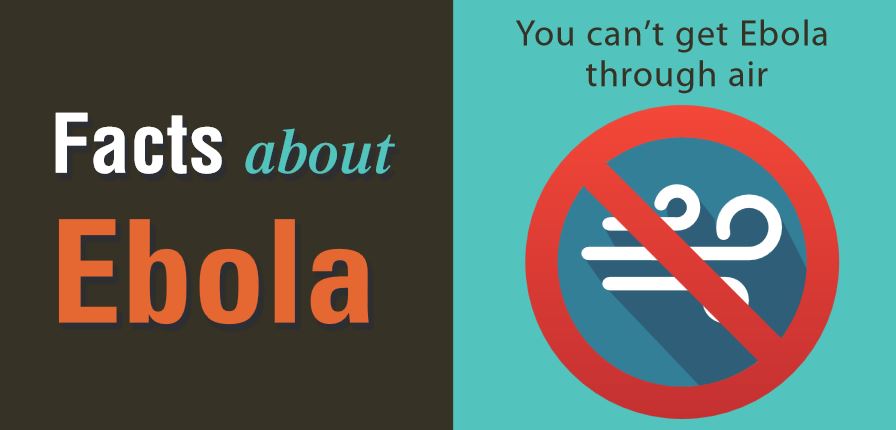Joy.
The horrors of the Ebola virus have been ravaging several nations in west Africa in the last few month. As of last week, over 6500 had been diagnosed with the virus while nearly 3100 of that number have died. That’s about a 50% rate of non-survival but some officials estimate that the true numbers are even grimmer; the death rate is closer to 70% when those who had not been treated in a hospital are included.
Those alarming numbers have been confined to the far reaches of distant Africa but that all changed Tuesday when the Center for Disease Control confirmed that the United States had its first case of this strain of Ebola.
The Centers for Disease Control (CDC) said the patient left Liberia in west Africa on 19 September, but did not develop symptoms until a few days after arriving in the US. He was admitted to the Texas Health Presbyterian hospital in Dallas on Sunday.
Thomas Frieden, the director of the CDC, said the patient was being treated in strict isolation, and that all measures would be taken to ensure that the disease would not spread in the US.
“I have no doubt that we will control this case of Ebola so that it does not spread widely in this country,” he told a news conference. The disease has spread rapidly in west Africa, killing more than 3,000 people since the outbreak began in March.
Reportedly, the man had been in Liberia visiting family and was not a member of the international medical relief effort working on the Ebola epidemic in that country.
News that Ebola was now officially in the US seemed to trigger a significant amount of darkly humored jokes on social media including a number of references to zombie apocalypses and the television series, The Walking Dead.
Fortunately, Ebola is not an airborne spread disease; it requires exposure to the bodily fluids of those already infected.
When an infection does occur in humans, the virus can be spread in several ways to others. Ebola is spread through direct contact (through broken skin or mucous membranes) with
- blood or body fluids (including but not limited to urine, saliva, feces, vomit, and semen) of a person who is sick with Ebola
- objects (like needles and syringes) that have been contaminated with the virus
- infected animals
- Ebola is not spread through the air or by water, or in general, food. However, in Africa, Ebola may be spread as a result of handling bushmeat (wild animals hunted for food) and contact with infected bats.
Healthcare providers caring for Ebola patients and the family and friends in close contact with Ebola patients are at the highest risk of getting sick because they may come in contact with infected blood or body fluids of sick patients.
The United States has an obvious advantage over West African nations when it comes to deadly outbreaks of killer diseases: a superior medical treatment system (despite our many flaws in how that system is funded). If Ebola did establish itself here, the death toll should theoretically be much lower. Still, when the African toll is in the 50 to 70% range, even a huge drop for a nation with better facilities could result in a significant loss of life. Ebola isn’t really something to joke about.
Now, for the final Good News/Bad News. If you get Ebola and survive, you’re immune!
But, the Ebola virus has been found to linger in semen up to three months after diagnosis/treatment. Survivors should abstain from sex for that length of time or use condoms.
Personally, I don’t think they make a condom thick enough worth the risk of giving or getting infected with Ebola…



















